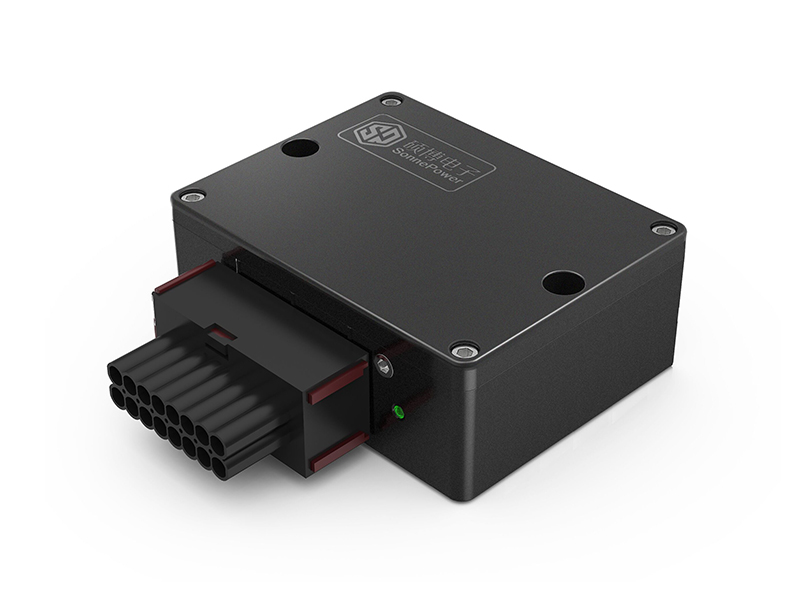Unveiling the Core Functions of I/O Modules in Modern Computing Systems
In the intricate landscape of computing systems, Input/Output (I/O) modules stand as the unsung heroes, facilitating the seamless interaction between computers and external devices. In this comprehensive exploration, we unveil the major functions that render I/O modules indispensable in the realm of modern technology.
What are I/O Modules?
Input/Output modules, commonly referred to as I/O modules or I/O interfaces, serve as the communication bridge between a computer's central processing unit (CPU) and external peripherals. These modules facilitate the transfer of data, control signals, and commands between the computer and various input and output devices.
Core Functions of I/O Modules
1. Data Transfer
At the heart of their functionality, I/O modules are tasked with the efficient and secure transfer of data between the CPU and external devices. Whether it's input from a keyboard, mouse, or output to a display or printer, I/O modules ensure the swift and accurate exchange of information.
2. Address Decoding
I/O modules play a pivotal role in address decoding, deciphering the specific locations in memory where data needs to be transferred. This function is crucial for avoiding conflicts and ensuring that data reaches the intended destination within the computer system.
3. Control Signal Interpretation
Interpreting control signals is another critical function of I/O modules. These modules decode and execute control signals from the CPU, ensuring that the connected peripherals respond appropriately. This includes activating or deactivating specific devices based on the computer's commands.
4. Error Detection and Handling
In the dynamic world of computing, errors are inevitable. I/O modules are equipped with mechanisms to detect errors during data transfer and signal interpretation. They play a vital role in flagging errors and, in some cases, implementing corrective measures to maintain the integrity of the data transfer process.
5. Buffering
To streamline the flow of data between the CPU and external devices, I/O modules often incorporate buffers. These temporary storage areas allow for smoother data transfer, compensating for discrepancies in processing speeds between the CPU and connected peripherals.
6. Interrupt Handling
I/O modules are responsible for managing interrupts, a mechanism that enables external devices to gain the CPU's attention. By handling interrupts efficiently, I/O modules ensure that time-sensitive tasks are addressed promptly without compromising overall system performance.
Significance of I/O Modules in Computing Systems
Input and Output Modules are integral components of computing systems, contributing significantly to their functionality and reliability:
1. Peripheral Connectivity
I/O modules provide the crucial link between computers and a myriad of peripherals, enabling users to interact with their devices seamlessly. From USB drives to printers, the diverse range of peripherals relies on I/O modules for effective communication.
2. System Flexibility
The versatility of I/O modules allows for the connection of a wide array of external devices, fostering system flexibility. This adaptability is especially crucial in accommodating the ever-evolving landscape of technology and ensuring compatibility with new peripherals.
3. Enhanced User Experience
Smooth and efficient data transfer facilitated by I/O modules translates into an enhanced user experience. Whether it's the responsiveness of a mouse or the clarity of a display, the proper functioning of I/O modules directly impacts the overall usability of computing systems.
Conclusion
In conclusion, the multifaceted functions of I/O modules underscore their significance in the intricate tapestry of modern computing. From facilitating data transfer and address decoding to managing interrupts and enhancing system flexibility, I/O modules play a pivotal role in ensuring the seamless interaction between computers and external devices.

评论
发表评论